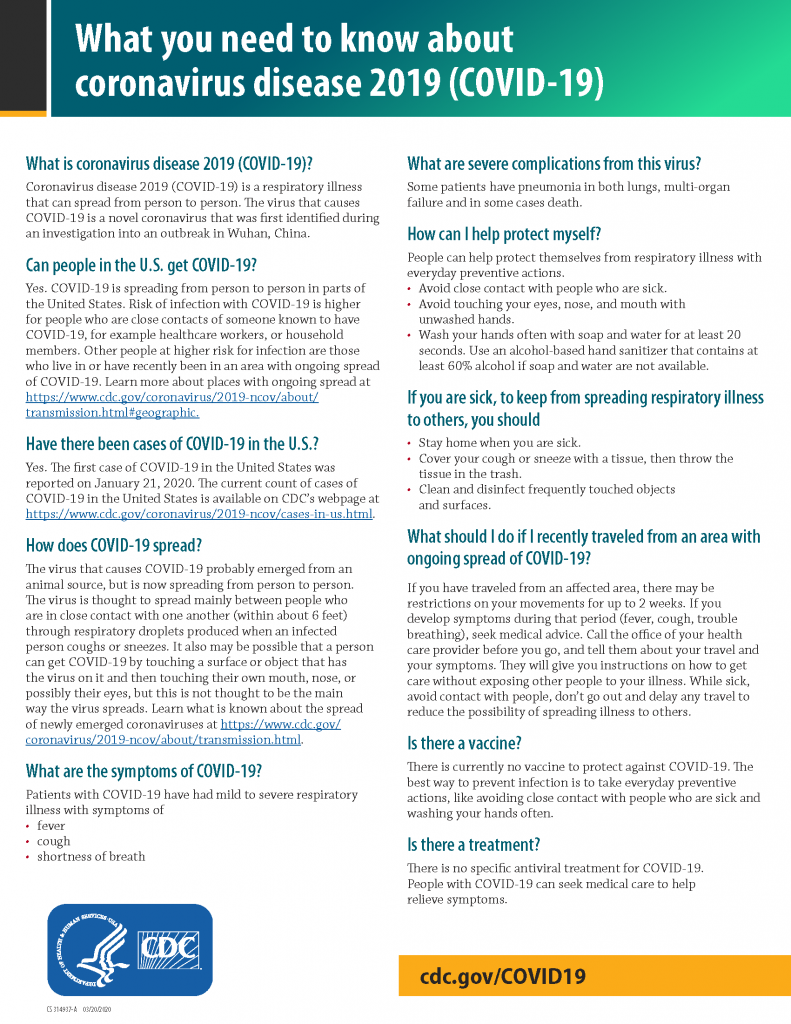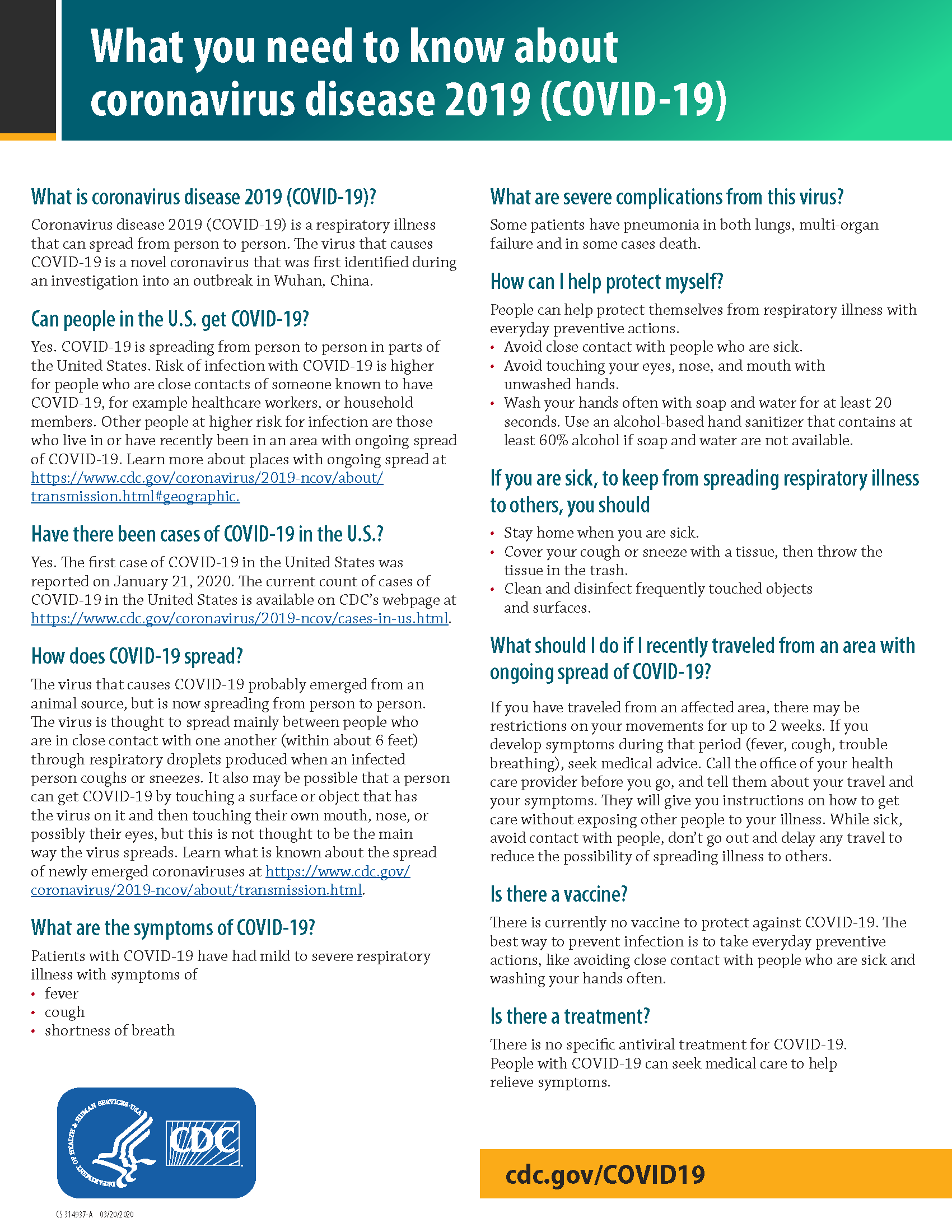The following post is a reprint of an article from Duke Antimicrobial Stewardship Outreach Network a (Duke Antimicrobial Stewardship Outreach Network, 2020)
Should non-steroidal anti-inflammatory drugs (NSAIDS) be administered to patients who have COVID-19?
On March 11, a correspondence published in Lancet Respiratory Medicine suggested theoretical harm related to the use of angiotensin-converting enzyme inhibitors (ACEi), angiotensin receptor blockers (ARBs), thiazolidinediones, and nonsteroidal anti-inflammatory drugs (NSAIDs) for patients with COVID-2 infections. This theory was based on the ability of these agents to increase angiotensin-converting enzyme 2 (ACE2) expression. Coronaviruses, such as COVID-19, bind to their target cells through ACE2, which is expressed in lung, kidney, intestine, and blood vessel epithelial cells. The authors suggested that increasing ACE2 may lead to more severe disease, citing that patients who had presented in previous studies with severe disease were likely on ACEi or ARB therapy for their noted co-morbidities.1
After this article was published, the health minister of France tweeted on this topic and several media outlets picked up the story. Physicians in the United Kingdom began to weigh in and favor the use of paracetamol (acetaminophen) over ibuprofen for COVID-19 patients in a news article published in the British Medical Journal.2 On March 17, the National Health Service England (NHS) released a statement that there “appears to be no evidence that NSAIDs increase the chance of acquiring COVID-19” and that providers may use “paracetamol in preference of NSAIDS” in patients who have confirmed or suspected COVID-19 until additional information is available on this topic. The NHS further clarified that patients who are receiving NSAIDs for other medical reasons should continue therapy.3
At this time, there are no publicly presented or published data or clinical trials that support the hypothesis that NSAIDs increase the risk of serious complications from COVID-19 or place patients at increased risk of contracting the virus. In addition, the European Society of Cardiology, in conjunction with the American Heart Association (AHA), American College of Cardiology (ACC), and Heart Failure Society of America (HFSA) have issues statements urging providers to continue ACEi and ARBs, despite similar theoretical concerns related to the ability of these drugs to increase ACE2 expression.4-5
Reviewed on 3/18/20.
References:
a. Duke Antimicrobial Stewardship Outreach Network. (2020). Should non-steroidal anti-inflammatory drugs (NSAIDS) be administered to patients who have COVID-19?
1. Lei F, et al. Lancet Respir Med 2020; published online Mar 11. DOI:10.1016/PII
2. BMJ 2020;368:m1086. (Published online 17 Mar 2020).
3. Powis S. (NHS England Medical Director). Message for all clinical staff: Anti-inflammatory medications. 17 March 2020. Alert Reference: CEM/CMO/2020/010
4. The European Society of Cardiology Council on Hypertension. Position Statement of the ESC Council on Hypertension on ACE-Inhibitors and Angiotensin Receptor Blockers. 13 Mar 2020.
https://www.escardio.org/Councils/Council-on-Hypertension-(CHT)/News/position-statement-of-the-esc-council-on-hypertension-on-ace-inhibitors-and-ang Accessed 16 March 2020.
5. American Heart Association. HFSA/ACC/AHA statement addresses concerns re: using RAAS antagonists in COVID-19. 17 March 2020.
https://professional.heart.org/professional/ScienceNews/UCM_505836_HFSAACCAHA-statement-addresses-concerns-re-using-RAAS-antagonists-in-COVID-19.jsp

coronavirus disease 2019 (COVID-19)
Click Here for CDC Information on COVID-19
Click Here for VDH Information on COVID-19
Click Here for Coronavirus.gov
Missed an update? Click Here to visit our ongoing Coronavirus updates page.

